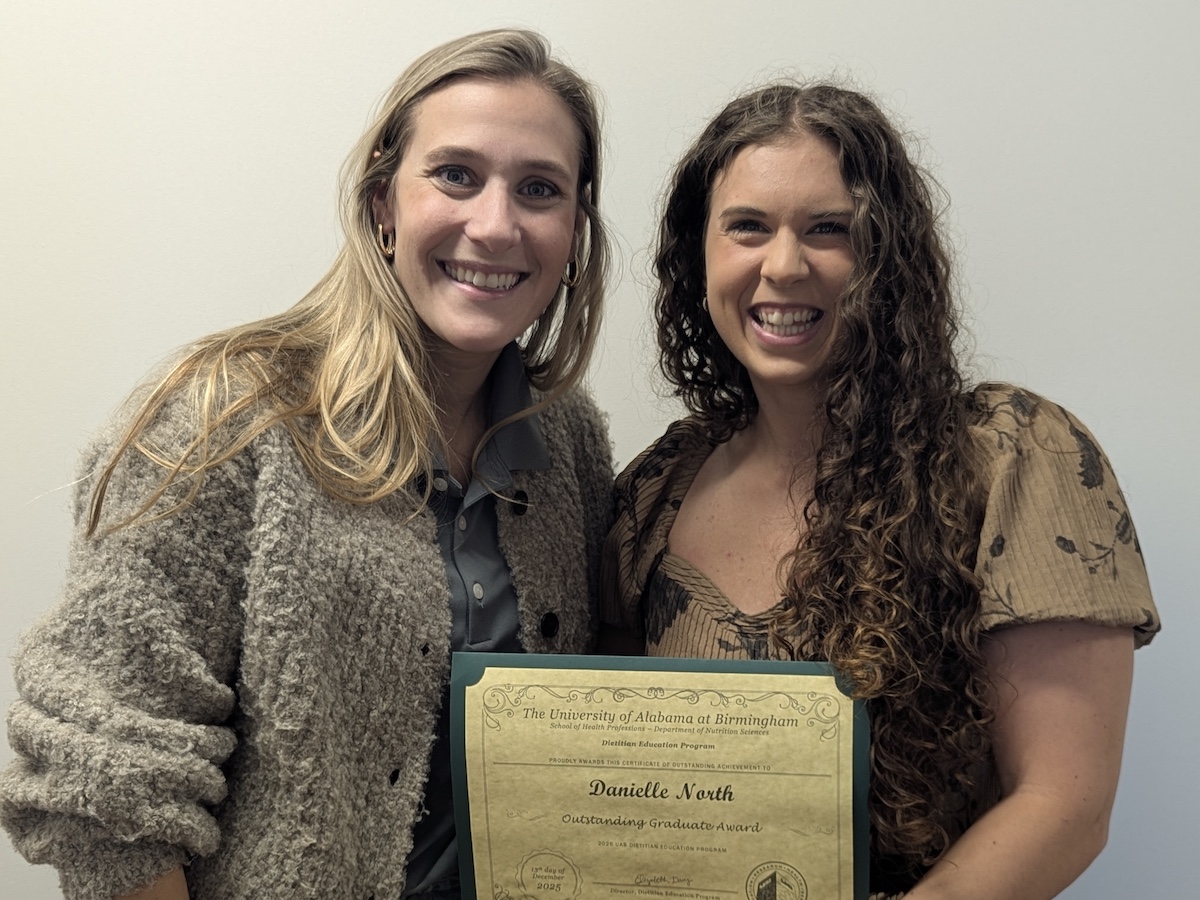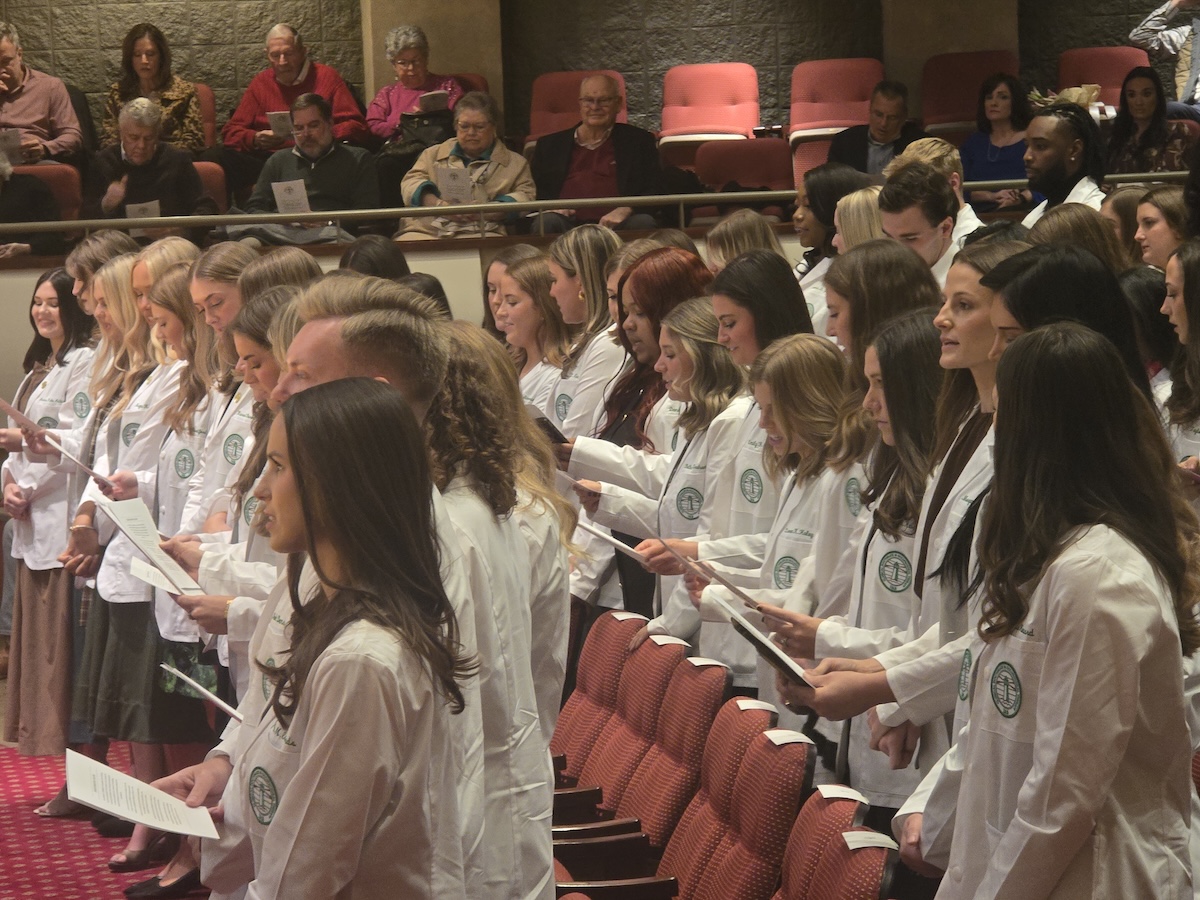More than 700 rural hospitals are at risk of closing, according to a report from the Center for Healthcare Quality, decreasing healthcare access particularly across the Deep South. For people with disabilities, this is a compounding problem as the population has lower rates of transportation access than the general public.

However, CEDHARS Data Coordinating Center Core Director Dr. Tapan Mehta is working to increase primary care access for this population. Mehta, vice chair of research in the UAB Department of Family and Community Medicine, was recently awarded nearly $11.5 million in funding from the Patient-Centered Outcomes Research Institute (PCORI).
“There is a shortage of primary care doctors for everyone, but when you couple that with the structural barriers people with disabilities have from transportation, policy and perceived bias, our health system is not ready to meet their needs,” Mehta said. “From a health equity point of view, this is figuring out how to best serve people.”
The multi-site study, “Optimizing Effectiveness of Primary Care Delivered Telehealth Interventions to Manage Type 2 Diabetes in People with Physical Disabilities and Multiple Chronic Conditions,” will compare the effectiveness of digital health coaching, remote patient monitoring and a combination of both for participants across Alabama, Louisiana and Mississippi.
The primary aim of this study is to evaluate and learn the optimal way to provide telehealth based support to manage diabetes and chronic conditions in people with disabilities.
Participants will be randomly divided into three groups for a six-month trial of the various interventions. The remote patient monitoring group will have their blood sugar monitored by physicians with support offered when it is high. The digital health coaching group will attend weekly classes on exercise and nutrition. The third group will receive a combination of the two. All necessary devices and equipment will be given free of charge to participants.
“Implementation of telehealth can optimize care, but on the flipside, if not done carefully, it can also create further disparities in outcomes,” Mehta said.
Mehta said that healthcare was already moving toward more remote delivery of services, but the adoption was accelerated due to the COVID-19 pandemic. The effectiveness of delivery, he said though, depends on how well the processes are set up on the primary care end as well as Internet access. Mehta also believes the transition will require the ability for providers to have access to physiological monitoring of patients.
The study will also include extensive stakeholder engagement as part of the study planning and implementation to ensure the interests and preferences of the population are being met. Mehta said the group consists of patients, caregivers, primary care physicians and insurance providers. One of the novel aspects of this proposal is the use of discrete choice experiment (DCE) to learn about preferences as a stakeholder engagement technique with a broader community.
The study will work synergistically with CEDHARS’ fellow Collaborative center the National Center on Health, Physical Activity and Disability (NCHPAD). Participants who join the study will also be referred to NCHPAD Connect to take advantage of health and wellness programs offered for free by the center.
“We want to build continuity from primary care to a public-health based approach,” Mehta said.
Mehta suspects that a combination of RPM and health coaching will lead to the best outcomes, but he is eager to find out what the data will show.
“I’m excited about the fantastic team that this project brings together,” Mehta said. “I have the privilege of working with colleagues from CEDHARS, NCHPAD and Forge Ahead. In this study, we are bringing together the work done in these center to study optimal telehealth approach to manage diabetes and chronic conditions in people with disabilities.”
This award has been approved pending completion of a business and programmatic review by PCORI staff and issuance of a formal award contract.
PCORI opens a new website is an independent, nonprofit organization authorized by Congress in 2010. Its mission is to fund research that will provide patients, their caregivers and clinicians with the evidence-based information needed to make better-informed health care decisions.

